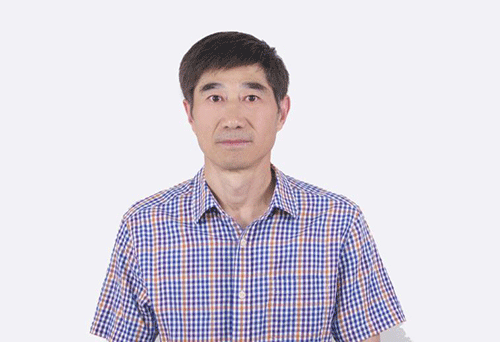Dr Yang Ganfu
More than 2 500 years ago, Siddhartha Gautama – also known as “the Buddha” – founded Buddhism in India. As a faith, Buddhism has 500 million to one billion followers, making it one of the major world religions. As a non-theistic faith with no god to worship, scholars describe Buddhism as a philosophy or a moral code rather than an organised religion.
In other words, Buddhism talks about a way of life. Buddha taught that wisdom, kindness, patience, generosity and compassion were important virtues. Specifically, all Buddhists live by five moral precepts, which prohibit: Killing living things, Taking what is not given, Sexual misconduct, Lying, Using drugs or alcohol.
Many of the beliefs and practices of Buddhism revolve around the concept of suffering and its causes. Buddhism has historically been most prominent in East and Southeast Asia, but its influence is growing throughout the West and Africa. Many Buddhist ideas and philosophies overlap with those of other faiths.
Followers of Buddhism don’t acknowledge a supreme god or deity. They instead focus on achieving enlightenment – a state of inner peace and wisdom. When followers reach this spiritual echelon, they’re said to have experienced nirvana. The path to enlightenment is attained by utilising morality, meditation and wisdom. Buddhists often meditate because they believe it helps awaken truth.
Buddhism encourages its people to avoid self-indulgence, but also self-denial. Buddha’s most important teachings are known as The Four
Noble Truths, namely, the truth of suffering, the truth of the cause of suffering, the truth of the end of suffering, and the truth of the path that frees us from suffering. These four noble truths are essential to understanding Buddhism.
Buddhists also embrace the concepts of karma (the law of cause and effect) and reincarnation (the continuous cycle of rebirth). If you do something wrong today, you will be punished tomorrow.
The current Hamas-Israel war is a good revelation of Karma, and those who kill innocent civilians and
conduct inhumane crimes against Palestinian people will surely be punished in due time. Former US president Barrack Obama said: “Israeli’s cutting water, electricity and food to Palestine in Gaza will surely result in more hate of Israelis from Palestine, and this hate will last for generations.”
Buddhism preaches that human beings should have a philosophical view of material life. Being material rich should not make you happy, while material poverty should not be the cause to put you under pressure or even end your life. Instead, people should enlighten themselves and end their suffering. Spiritual happiness makes your life valuable. Latest scientific research has also proven that positive spirit and right psychological attitudes may help people reduce their pains, worries and suffering.
As in other parts of the world, Buddhism is also practised in Africa, with increasing populations of Buddhists. Though there have been some conversions among Africans, the majority of Buddhists in Africa are of Asian descent, mostly Chinese.
South Africa holds the largest Buddhist population on the continent. According to estimates in the 2010s, Buddhist adherents (together with Taoism and Chinese Folk Religion) had been increasing there to between 0.2% or 0.3% of the South African population, or between 100 and 150 000 people.
The Nan Hua Temple in Bronkhorstspruit, South Africa, is the largest Buddhist pagoda in Africa. The establishment of the temple demonstrates the time and efforts of Chinese Buddhists, who intend to teach Buddhism and create a culture for Buddhist followers in their Buddhist code of conduct. Monk Huili, the founder of the Amitofo Care Centre, plays his unique and inspiring role in this establishment of the Temple. His engagement and contribution to the Temple has ended and freed many followers from much suffering in their spiritual and material life.
In addition to South Africa, the African countries and territories in the Indian Ocean also have significant Buddhist minorities. Mauritius
has the highest Buddhist percentage (between 1.5 to 2% of the total population) among African countries due to a high number of Chinese people (nearly 40 000 or 3% of the Mauritian population). Madagascar is also home to about 20 000 Buddhists. In the Seychelles, Buddhists represented about 0.1% to 0.2% of the islands’ populations. In addition, Nigeria, Libya and Ghana also have a bit higher percentage of population of Buddhists than the other African countries. (To be continued)
* Dr Yang Ganfu is an intercultural communication researcher and director of Africa Study at Lianyunggang Development Institute, China.


